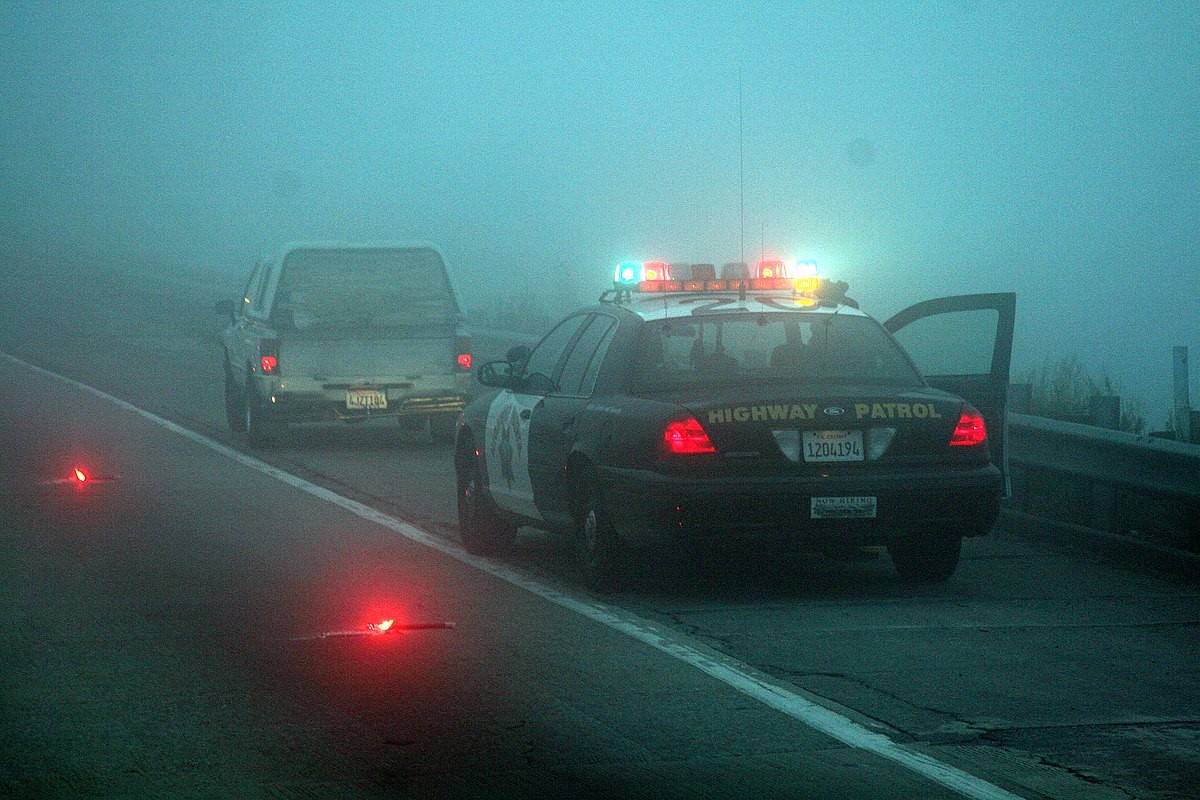By Shelia Dunn, NMA Communications Director and Joe Cadillic, MassPrivatel Blog
In late September, many news articles came out about Amazon’s new surveillance direction. Joe even wrote a post on the MassPrivatel blog entitled: Amazon Drone Deliveries: The Greatest Threat to Privacy Americans Have Ever Seen.

Credit: William Warby
Shelia: Joe, can you explain what prompted you to write this post, and why do you think Amazon is all-in on the surveillance business?
Joe: Besides the obvious drone privacy issues, Amazon’s products like Ring surveillance cameras, Echo speakers, etc. are all open to law enforcement information requests.
As you know, Amazon just released a new line of what I call Amazon surveillance devices. Numerous news articles have come out over the past couple of years, warning people of the dangers of the IoT.
Besides the obvious hacking concerns, there is a major privacy concern that Amazon staff are using smart speakers to monitor people’s conversations secretly. Would you want a private company like Amazon to use that information to create a secret database of what you do on the internet and when you and your family are home or when you leave the house?
Shelia: Other aspects of Amazon’s surveillance business include expanding the reach of people’s smart home devices such as the Echo to expand out to the neighborhood by creating a smart neighborhood. Amazon Ring devices, which some homeowners use at their front door, will also be used as part of this new expanded surveillance neighborhood.

Credit: Carrie Qualters
Now, it seems the company is creating a location-tracking mesh network system later this year. Amazon Sidewalk will connect Echo, Ring, and Tile devices using Bluetooth and Wi-Fi.

Credit: Asivechowdhury
Why should we find this development of a neighborhood mesh network of smart devices so troubling?
Joe: The reasons why a location-tracking mesh network is so disconcerting are two-fold. One only needs to look into Microsoft Google’s failed attempt to create a similar network using Sidewalk Labs in Toronto.
Reason number 1, both Sidewalk Labs and Amazon Sidewalk use the IoT (Internet of Things) to create massive public surveillance networks.
Reason number 2, smart devices are designed to listen and record everything, from vehicle license plates to people’s faces and their conversations. A “mesh network” is just a fancy name for “Surveillance Capitalism” or an IoT surveillance network run by Microsoft and Amazon.
Shelia: Amazon is also getting into the in-car surveillance business with its Ring Car Cam devices. Each system will have two cameras—one pointed through the front windshield and the other toward the vehicle interior.

The cams can send alerts to detect such events as a break-in, towing, or an accident. Owners will be able to tap the camera’s feed to see what is going on with their vehicle.
Alexa will also be integrated and can be used for traffic stops. Say, “Alexa, I’m being pulled over,” and the cams will start automatically recording with footage saved to the cloud. Notification will also be sent to emergency contacts informing them of you being stopped by police. UC-Davis law professor Elizabeth Joh stated recently that this Ring car cam device is a tool for “traffic stop counter-surveillance.”

Credit: Jenni
The big questions I have are who owns this footage, and will Amazon give it to police if requested since they share Ring data with police departments already?
Joe: The problem is that most companies that sell and service smart home devices won’t even acknowledge that they give the information they collected to law enforcement when asked.
Who owns the footage collected by Amazon and Google mesh networks is not as simple as a disclaimer would have you believe. A great example of this is Flock Safety’s national license plate reader program, which claims not to own any of the data their license plate readers collect but stores that information on their cloud servers.
A recent TechCrunch article provides smart device owners with a rare glimpse into how Amazon handles law enforcement requests.
“This form allows law enforcement to request customer data using a wide variety of data points, including Amazon order numbers, serial numbers of Amazon Echo and Fire devices, credit card details and bank account numbers, gift cards, delivery, and shipping numbers, and even the Social Security number of delivery drivers.”
To answer your question: law enforcement has access to just about any and all information that IoT devices collect. If you still value your privacy, steer clear of always-on smart devices.
Here are some additional links that might give more insight into the Amazon Surveillance horizon:
- Amazon website statement on law enforcement information requests
- This is how police request Customer Data from Amazon (Tech Crunch)
- Many smart home device makers still won’t say if they give your data to the government (Tech Crunch)
- ‘Surveillance capitalism’: critic urges Toronto to abandon smart city project (The Guardian)
- Sidewalk Labs’ Smart Cities will Create a For-Profit Social Credit System that Controls Judges and Police (MassPrivatel Blog)
If you would like to keep track of the many issues currently involved in street surveillance, check out Joe’s blog called MassPrivatel. Every Monday, Joe includes on his blog a vast list of headlines from around the world on surveillance in general.
Also, the National Motorists Association has street surveillance news on the NMA’s Driving News Feed, updated daily. Also, subscribe to Driving News Daily Top 6 Headlines, a five times per week email.
Thank you for reading the NMA’s Street Surveillance Watch Blog, and please consider joining the National Motorists Association today!






